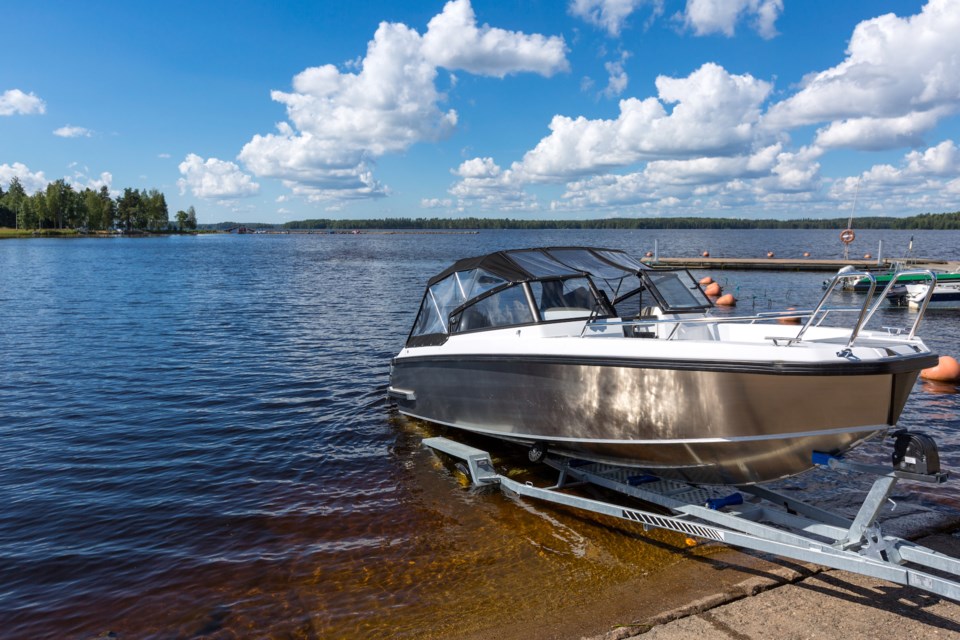NEWS RELEASE
THE CANADA BORDER SERVICES AGENCY
*************************
The Canada Border Services Agency (CBSA) reminds all boaters that crossing the border for recreation or tourism is currently prohibited.
The Government of Canada has introduced border measures to limit the spread of Coronavirus disease (COVID-19) in Canada, including the restriction of all discretionary travel into Canada.
With the onset of warmer weather, boat and pleasure craft owners may be inclined to take their boats across the border on inland or coastal waterways or to come to their cottages in Canada. These activities are considered discretionary (non-essential) travel according to temporary travel restrictions currently in place, and are, therefore, prohibited. Boaters are still permitted to navigate across international waters if needed but are not allowed to enter Canadian territorial or boundary waters for discretionary, leisure (non-essential) reasons, including entry for touring, sightseeing and pleasure fishing.
Boaters who enter Canada without reporting to the CBSA (including for the purpose of refuelling) may face severe penalties, including monetary penalties, seizure of their vessels and/or criminal charges. The minimum fine for failing to report to the CBSA upon entry to Canada is $1000. Furthermore, non-compliance by foreign nationals may affect their immigration admissibility and ability to re-enter Canada in the future.
In addition, failure to comply with the current border entry restrictions is an offence under the Quarantine Act and could lead to up to 6 months in prison and/or $750,000 in fines. Further, a person who causes a risk of imminent death or serious bodily harm to another person while wilfully or recklessly contravening this act or the regulations could be liable for a fine of up to $1,000,000 or imprisonment of up to three years or both.
The CBSA and its law enforcement partners are actively monitoring Canadian waterways and will address any identified discretionary cross-border activities.
The CBSA remains committed to ensuring that Indigenous people continue to be able to move within and between their communities, and are able to provide and access essential goods and services.
Quick Facts
- Since March 21 at 12:01 a.m. EDT, there has been a temporary prohibition on all discretionary or optional travel at the Canada-U.S. border. This restriction has been extended until June 21, 2020.
- On May 12, the CBSA announced the temporary suspension of service at certain small vessel reporting sites. Although these small vessel reporting sites are closed, boaters who enter Canada are reminded that they are still responsible for reporting to the CBSA.
- Canadian citizens, permanent residents and Registered Indians under the Indian Act continue to enter Canada by right and are subject to COVID-19 entry screening measures.
- A travel ban is currently in place for most people entering Canada. For more see Safety and support for Canadians abroad.
- All persons entering Canada—no matter their country of origin or mode of entry—MUST isolate or quarantine themselves for 14 days. For more see Coronavirus disease (COVID-19): Travel restrictions, exemptions and advice.
For information on crossing the border, the CBSA has an information line in place: 1-800-461-9999.
Associated Links:
- Reporting requirements for private boaters
- COVID-19: Temporary suspension of service at select Canadian border services locations
- Directory of CBSA Offices and Services
- Coronavirus disease (COVID-19): Outbreak Update
*************************



